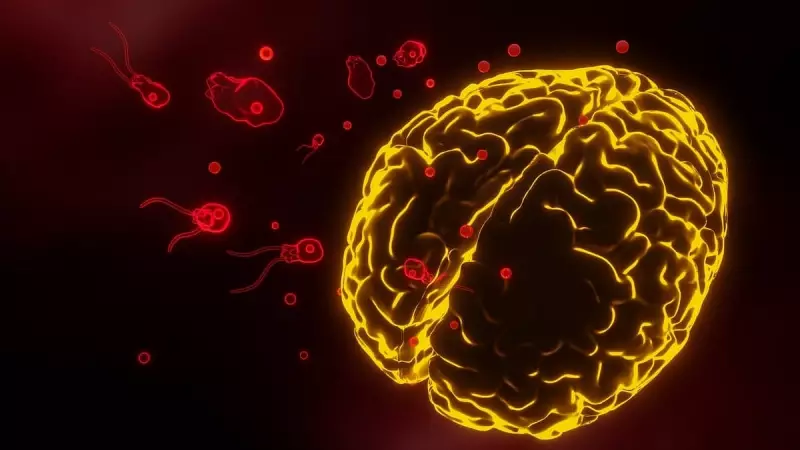
A senior health expert from Kerala has sounded the alarm about a disturbing connection between improper garbage disposal and the increasing cases of a rare but fatal brain infection across the state.
Dr. K.P. Aravindan, a former professor of pathology at Government Medical College, Kozhikode, has identified waste dumping near water bodies as a primary contributor to the spike in amoebic meningoencephalitis cases. This deadly infection, caused by the Naegleria fowleri amoeba, has a mortality rate exceeding 90%.
The Pollution-Infection Connection
According to Dr. Aravindan, the practice of dumping organic waste and chicken entrails near water sources creates an ideal breeding environment for the dangerous amoeba. "When this contaminated water enters the nose during swimming or bathing, the amoeba can travel to the brain, causing severe inflammation and tissue destruction," he explained.
Recent Cases Highlight the Crisis
The warning comes amid several recent infections across Kerala. A 14-year-old boy from Kannur and a 13-year-old girl from Kozhikode are currently battling the infection, while earlier cases have been reported in Malappuram and Alappuzha districts.
Dr. Aravindan emphasized that while the infection cannot spread between humans, the environmental conditions created by improper waste management are making outbreaks more frequent.
Prevention and Public Awareness
Health experts recommend these crucial preventive measures:
- Avoid swimming in freshwater bodies with visible contamination
- Use nose clips when entering potentially contaminated water
- Ensure proper waste disposal away from water sources
- Seek immediate medical attention for symptoms like fever, headache, and vomiting after water exposure
The medical community urges local authorities and residents to address waste management practices urgently to prevent further spread of this devastating infection.





